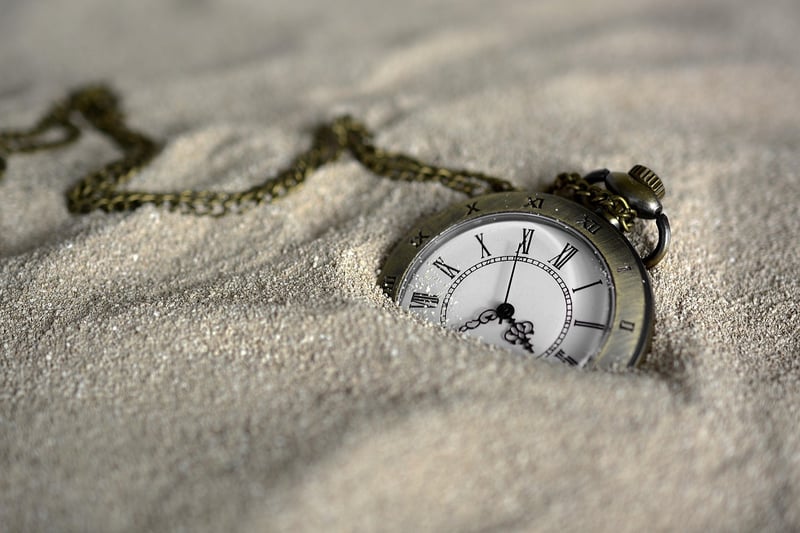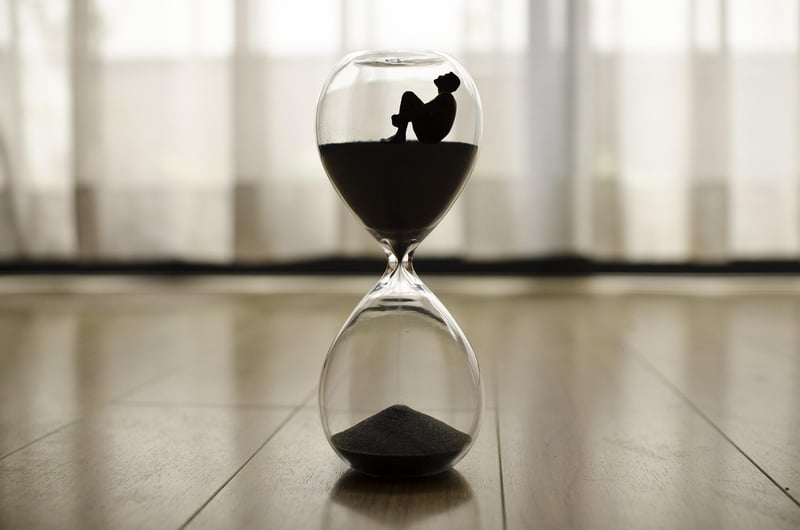Predestination Paradox
The Dilemmas of Time Travel and the Predestination Paradox
Time travel has long been a fascinating concept in science fiction, raising intriguing questions about causality, free will, and the nature of reality. One of the most perplexing aspects of time travel is the predestination paradox, which challenges our understanding of cause and effect. Let's delve into the dilemmas posed by time travel and explore the intricacies of the predestination paradox.
The Grandfather Paradox
One of the classic time travel dilemmas is the Grandfather Paradox, where a time traveler goes back in time and prevents their grandfather from meeting their grandmother, thus preventing their own birth. This paradox raises questions about the possibility of changing the past and the implications it would have on the future.

Temporal Causality Loops
Another dilemma in time travel is the concept of temporal causality loops, where an event is its own cause. This loop creates a closed causal chain with no clear beginning or end, challenging our linear perception of time.

Predestination Paradox
The predestination paradox, also known as the bootstrap paradox, occurs when a time traveler goes back in time to ensure that an event happens as it originally did. In this scenario, the time traveler becomes an essential part of the event's history, creating a loop of cause and effect with no discernible origin.
Examples in Popular Culture
- In the movie "Looper," the protagonist realizes that he is destined to become the very person he has been hired to kill, creating a self-fulfilling prophecy.
- In the TV series "Dark," characters attempt to change the past but unwittingly ensure that events unfold exactly as they did, trapped in an inescapable cycle of time.
Conclusion
Time travel presents us with a myriad of paradoxes and dilemmas that challenge our understanding of the universe. Whether contemplating the Grandfather Paradox, temporal causality loops, or the predestination paradox, the concept of time travel continues to captivate our imagination and spark philosophical debates about fate, free will, and the nature of reality.
